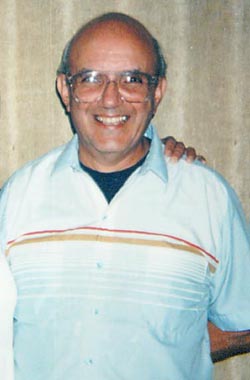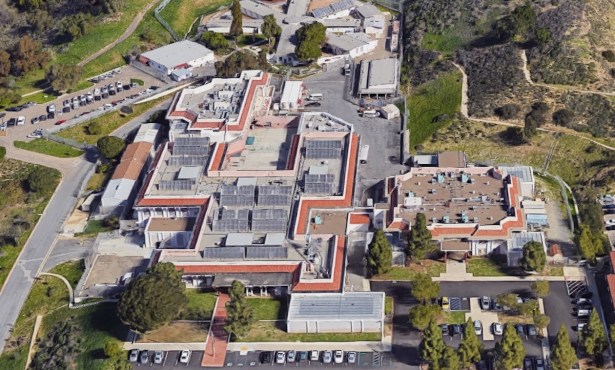Pedophile Priests Lose Privacy Rights
Lifting the Veil
In what may become a landmark legal decision involving the privacy of workers’ personnel files, a Los Angeles County judge ruled the state’s interest in protecting minors from pedophile priests trumped the laws safeguarding the confidentiality of employee records. The ruling emerged out of a dispute over a key provision in a $28-million settlement deal between the Franciscan friars of California and 25 of their molestation victims, most of whom were preyed upon while they were students at St. Anthony’s Seminary in Santa Barbara.

As part of the deal-hammered out last year between attorneys for the Franciscans and Tim Hale, who represented the victims-the Franciscans agreed to publicly release the personnel files of nine pedophile priests, six of whom are still living. The intent of this provision, said Hale, was to warn the community about the extent to which the Franciscans turned a blind eye to sexual abuse that occurred at St. Anthony’s and elsewhere in Santa Barbara. But that provision was challenged in court by the six surviving Franciscans, who argued that they had the exclusive right to release the contents of their personnel records. Because they were never party to the settlement deal, they argued their records should remain closed. In a 22-page legal ruling, Los Angeles County Superior Court Judge Peter Lichtman disagreed, concluding in plain English, “The rights of privacy must give way to the State’s interest in protecting children from sexual abuse.”
Lichtman noted that in all nine cases, either the individuals admitted to being pedophiles or the Franciscan order acknowledged that they were. One of them-former priest Robert Van Handel-served time in state prison for his offenses. Lichtman seemed swayed by the grim history of priestly pedophilia in Santa Barbara prepared by Hale. “Since 1958, 76 Santa Barbara children have been sexually assaulted by Roman Catholic clergy,” Lichtman wrote, noting that 54 of those children were abused by the friars working at or near St. Anthony’s and the Santa Barbara Mission.
Hale expressed satisfaction with the judgment, noting, “We’ve never gotten this far before. We’ve broken the shell.” He also said he expected the ruling to be appealed. Hale faulted the Franciscans for not lifting a finger to defend the deal that they themselves had negotiated. Worse, Hale charged the Franciscans actually bankrolled the legal team that attacked the settlement. Father Mel Jurisich, head of the Franciscan order’s western province, countered that the order only paid the legal fees for the two remaining members of the order, Brother Samuel Cabot and Brother Mario Cimmarusti. Jurisich explained that the two brothers, having taken a vow of poverty, could not afford attorneys of their own. Jurisich said it was too soon to comment on details of Lichtman’s ruling, but said that if it stands, the Franciscans would challenge the release of any psychiatric records of the named pedophiles.
Hale is prepared for the document-by-document skirmishes to come, and said the community would have been far better protected had such information been available in the past. “I think we’ve already seen what happens when the Franciscans are left to decide who gets notified that one of their monks has a problem or not,” he said. Recalling that Cabot had a sexual appetite for 4- to 6-year old girls, Hale expressed doubt the Franciscans ever warned any of Cabot’s neighbors near his current home, the Serra Retreat Center in Malibu. “He’s a frail old man, but he’s a risk to young girls,” he said.
Jurisich acknowledged no such notices had been issued but said that the retreat center was located up a steep hill and down a long driveway. “All the neighbors have gated, guarded houses. I don’t really think he’s a danger to any of the children in the neighborhood.” But, Jurisich noted, at the adult center where Cabot worked, people did know about his history.



